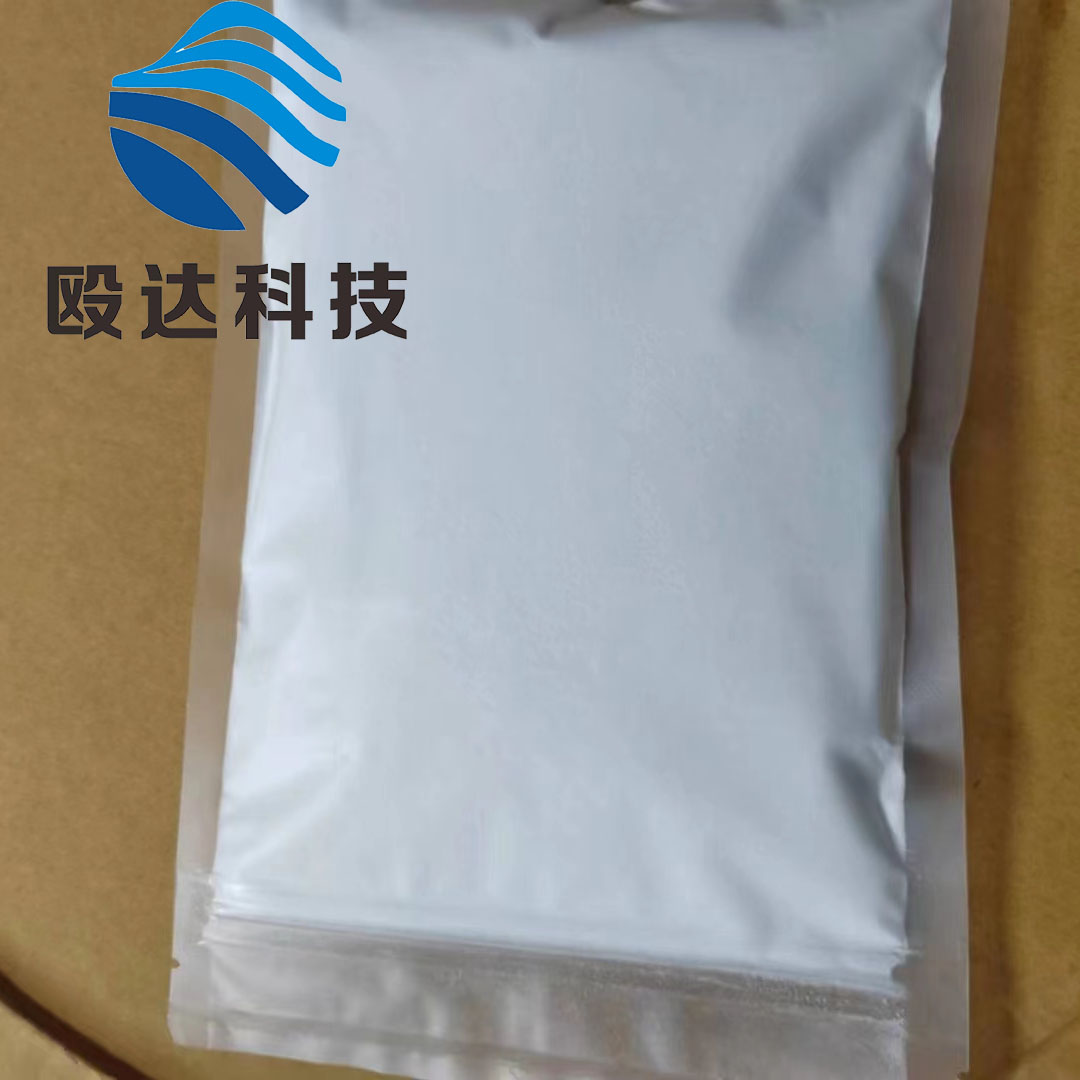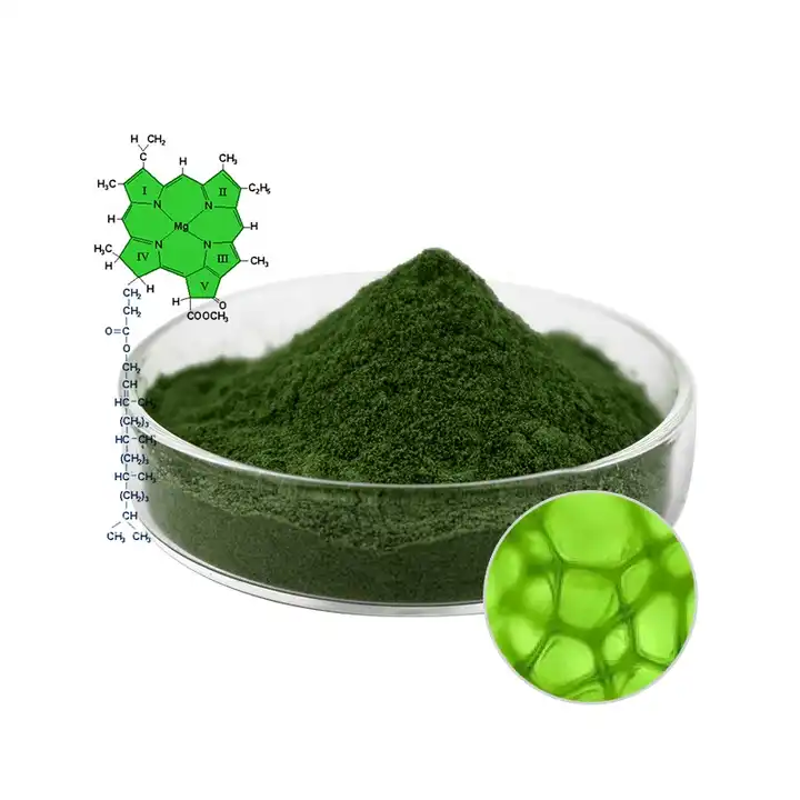-
Categories
-
Pharmaceutical Intermediates
-
Active Pharmaceutical Ingredients
-
Food Additives
- Industrial Coatings
- Agrochemicals
- Dyes and Pigments
- Surfactant
- Flavors and Fragrances
- Chemical Reagents
- Catalyst and Auxiliary
- Natural Products
- Inorganic Chemistry
-
Organic Chemistry
-
Biochemical Engineering
- Analytical Chemistry
- Cosmetic Ingredient
-
Pharmaceutical Intermediates
Promotion
ECHEMI Mall
Wholesale
Weekly Price
Exhibition
News
-
Trade Service
According to the latest statistics of the China Medical and Health Products Import and Export Chamber of Commerce (hereinafter referred to as the "Medical Insurance Chamber of Commerce"), since 2009, China's exports of pharmaceutical products have encountered a total of 77 cases of trade friction initiated by nine countries, involving 48 products, some of which repeated trade friction. In the first quarter of this year alone, the Chamber of Commerce handled six trade frictions initiated by India, the United States and the European Union involving saccharin, sanshui amoxicine, high-efficiency sweeteners, vascular syringes, citric acid and other products.
, deputy director of the legal department of the China Health Insurance Chamber of Commerce, said recently that in recent years, the world economy has slowly recovered from deep adjustment, but international market demand remains sluggish, and protectionism has intensified in this context. With the accelerated pace of internationalization of China's pharmaceutical enterprises, pharmaceutical products in the export of trade friction is on the rise, how to bypass the sea "dark reef", export-oriented enterprises face a common problem.Trade frictions intensified
According to customs statistics, from January to June 2017, China's total exports of pharmaceutical products amounted to US$288,244.04 million, up 5.47% YoY, while imports amounted to US$269,296.241 million, up 19.17% YoY. The foreign trade of the pharmaceutical industry has been growing steadily. At the same time, trade frictions are on the rise.
By country, India is the country with the most trade friction against Chinese pharmaceutical products, with 27 anti-dumping investigations and 1 anti-circumvention investigation against chinese pharmaceutical products exported so far in 2009, followed by the United States, which has launched 19 "337" investigations and 3 anti-dumping investigations in the past eight years. 1 case of anti-circumvention investigation and 1 case of anti-monopoly litigation, of which "337" investigation is currently the most lethal trade weapon for Chinese enterprises due to the easy filing of cases, simple procedures, wide jurisdiction and large impact, and the third place is the European Union, which has launched 13 anti-dumping investigations against Chinese pharmaceutical products since 2009.
Zhang Wei analysis, the primary reason for trade friction is due to competition from different trading countries, but also China's pharmaceutical industry itself lack of technology, overcapacity leading to price competition. She believes that at this stage around China's pharmaceutical products caused by trade friction presents the following characteristics: First, trade friction occurs in traditional export markets, such as India, the United States, the European Union and other countries.
, the amount involved is getting bigger and bigger. For example, the EU's review of China's citric acid sunset case involved about US$24 million, India's anti-dumping investigation into China's patient monitors, involving US$16 million, and the US's investigation into China's Coenzyme Q10, involving more than US$60 million.
, the means of investigation are diversified. Although anti-dumping is still the main type of trade friction between Chinese pharmaceutical products, some developed countries, especially the United States, have a growing risk of launching "337" investigations. In recent years, more than a third of the "337" investigations initiated by the United States have been directed at Chinese products. Zhang said that if a country's enterprises by the United States "337" intellectual property infringement investigation more, indicating that the country's enterprises are going through a period of pain of transformation, enterprises in intellectual property rights to make the other side feel threatened, is a "growth trouble." Japan and South Korea also experienced many "337" surveys during the economic take-off in the 1990s.
, leading enterprises in the industry frequently become the main body involved in the case. China's pharmaceutical foreign trade advantage products export enterprises are more concentrated, so it is easier to become the target of investigation.to face the "dark reef" and actively respond to
Zhang Wei believes that trade friction has become a means of international market competition. For example, in June 2011, Kaneka corporation of Japan filed a "337" investigation application with the U.S. International Trade Commission, accusing seven companies in China, the United States and Japan of infringing their registered patents in the United States by producing and selling coenzyme Q10 products in the United States, including Zhejiang Pharmaceuticals of China, Jindawei of Xiamen and Shenzhou Bio. At the same time, Zhejiang Pharmaceuticals in the United States, Germany has also encountered related patent infringement parallel litigation. In September 2012, the U.S. International Trade Commission adopted the chinese company's defense. This "337" investigation lasted more than 3 years, although the Japanese company ultimately lost the case, but the investigation won it 3 years of development time, while adversely affecting Chinese enterprises. "Many foreign companies are now disrupting the strategic layout of our companies in the international market by provoking trade frictions." Zhang said.
It is understood that in order to help pharmaceutical enterprises cope with trade frictions, the Medical Insurance Chamber of Commerce actively play the role and advantages of industry organizations, to assist relevant enterprises to actively respond to complaints, to provide enterprises with full process support, while strengthening cooperation with local governments, enterprises involved in the case and professional lawyers, not only enhance the confidence of relevant enterprises, but also achieved better results. Summarizing the experience of dealing with trade friction over the past few years, Zhang Wei pointed out: "At present, China's pharmaceutical enterprises are more passively dealing with trade friction, if enterprises can advance the layout of trade friction, actively respond to the mentality from passively dealing with trade friction to actively do a good job of risk control, China's pharmaceutical enterprises have the full strength to get through the current stage of trade friction pain period, the ability to turn bad things into good things, and then learn experience and lessons, do a good job of transformation and upgrading." For example, Hangzhou Baojing Biochemical Co., Ltd., in the face of the EU anti-dumping investigation actively responded to the lawsuit, and ultimately not only achieved success, but also obtained the EU market economy status. Then there is Beijing Jardine Jiaye Medical Technology Co., Ltd., which lasted a year and a half and cost tens of millions of yuan, won the respirator product '337' investigation and litigation. Their experience is worth learning from. Zhou
, president of the China Medical Insurance Chamber of Commerce, believes that in the face of trade frictions, Chinese enterprises need to overcome fear, fear and luck and respond positively. First of all, we should establish a sense of avoiding the risk of trade friction. In the initial stage of trade, we should pay attention to whether there are signs of friction, and take the initiative to take measures to avoid risks. Second, in the event of trade friction, enterprises should respond positively and react quickly. Finally, we should hire lawyers in a timely manner to deal with them with a professional attitude.
(Note: "337" survey refers to an investigation conducted by the United States International Trade Commission under Section 337 of the United States Customs Act of 1930 and related amendments to prohibit all unfair competition or any unfair trade practices in exports to the United States. (China Medical Journal)







